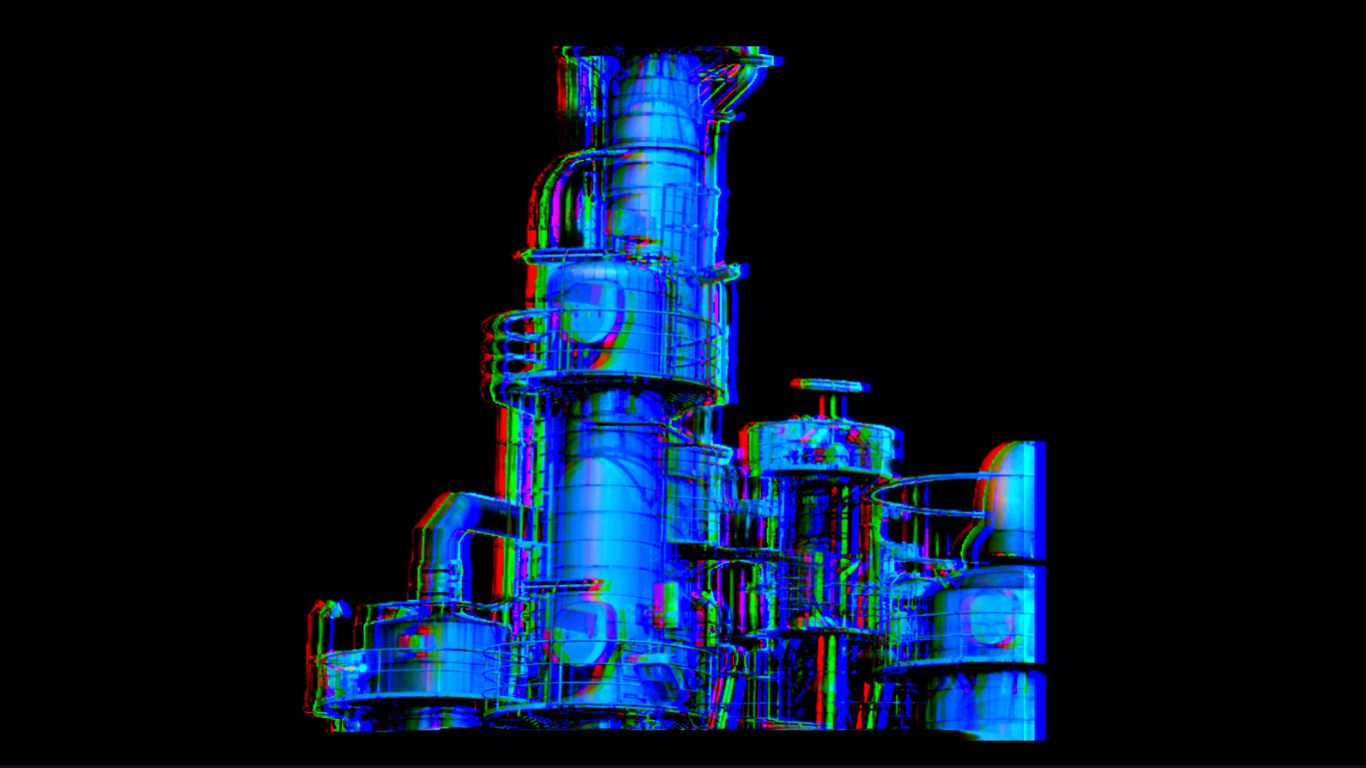Loading...
PORT HARCOURT REFINERY – REOPENING DOES NOT DRIVE FUEL PRICES DOWN, SUBSIDY DOES
a year ago
The PH refineries – one at 60,000 and the other at 150,000 capacity total at 210,000bpd. Reopening and commercializing both would be a step in the right direction for Nigeria’s refinery management.

Port Harcourt Refinery Reopens Without Subsidy
Cheap crude oil refining is a goal that Nigerians like to pursue with the belief that it will keep fuel prices in the country low. Nigeria has had to deal with the high cost of fuel after shutting down its refineries for repairs in 2019. However, with the reopening of the Port Harcourt refinery, hopes have become high for low fuel prices.
There is a problem with that, as the news by the Nigerian National Petroleum Corporation NNPC may have been fragmented. The fuel price will likely remain high as the refinery reopened does not have the large production capacity of the newest refinery, it is the old one of 1965. It operates at 60 per cent or 60 thousand capacity and produces 60,000 barrels per day.
More so, prices of fuel will less likely reduce as the reopened refinery will not process Petroleum Motor Spirit (PMS or Petrol) but diesel.

Fuel Subsidy in Nigeria
For Nigeria, it often boils down to subsidy. In his inaugural speech on Monday 29 May 2023, President Bola Tinubu said Nigeria’s fuel subsidies would be withdrawn. If the government does not subsidise fuel, the recent refinery reopening will have no positive effect on fuel prices.
Nigerians always hope for a subsidy. It is the most crucial cost factor across the value chain, however, it has a significant impact on the economy of Nigeria. It cuts essential funds designated for basic infrastructure like education, health, and defence. For the last 18 years, subsidies have taken USD 30 billion off the government spending.
Reopening the New Refinery in Port Harcourt
The new refinery of 150,000 barrels capacity which produces PMS is yet to reopen. The Rivers State government had said that the renovations of the refineries would be done in three phases. It was learnt that the possible reopening date will be in 2026. This could also be another false promise as with the previous promises of reopening the refineries in the last years.
See Also
Unharmed but Traumatized as the Welfare of the Returned Kidnapped Girls is Questioned
Twenty-four schoolgirls kidnapped from their boarding school in Kebbi State were reunited with authorities and families this week following a security operation.
The Niger school girls kidnap is prompting authorities to crank up security efforts. The girls appear largely unharmed but there is chance the trauma they experienced will go untreated with the record of Nigeria’s health system.
Popular Trends
US Updates Social Media Screening for Nigerian Visa Applications
US social media screening for Nigerian visa applicants now means full disclosure of account usernames for the last five years is mandatory.
Posts, images, contacts, and groups are scrutinized for signs of fraud, security risks, or inconsistencies.

JAMB Resit Results Scores Low and Unacceptable
The registrar Oloyede, said that the board is still in control and that there is nothing wrong with the pattern of the results released.

ECOWAS Common Currency, ECO, Plan Could Relaunch if Accelerated
The “relaunch” is more of a renewed push and political commitment, especially led by President Alassane Ouattara of Ivory Coast and ECOWAS leadership, to achieve the Eco’s adoption by 2026 or 2027.

US Visa Restrictions for Nigeria Updated to Reduce Validity
Nigerians have gone from enjoying long-term, flexible access to the US to a regime of short, single-use visas with additional checks and higher costs. The main drivers are reciprocity and security concerns, marking a sharp policy shift in mid-2025 compared to the previous five years

New Tech Activities as Startup Incubation Picks Up the Pace in Nigeria With iDice
iDICE sits on top of an existing ecosystem that includes private and donor-backed incubators such as CcHub, Orange Corners Nigeria, Antler Lagos and others offering 6‑month programmes, grants, mentorship and investor links to founders in the 18–35 age bracket.

Still on the Topic
X
Unlock News Faster ...Sign Up
More Trending Topics
U.S. Deepens Ties With Nigeria as it marks Independence Anniversary
Nigeria is one of only five African countries selected for the CIP.
It emphasizing a shift from traditional aid to commercial engagement.





